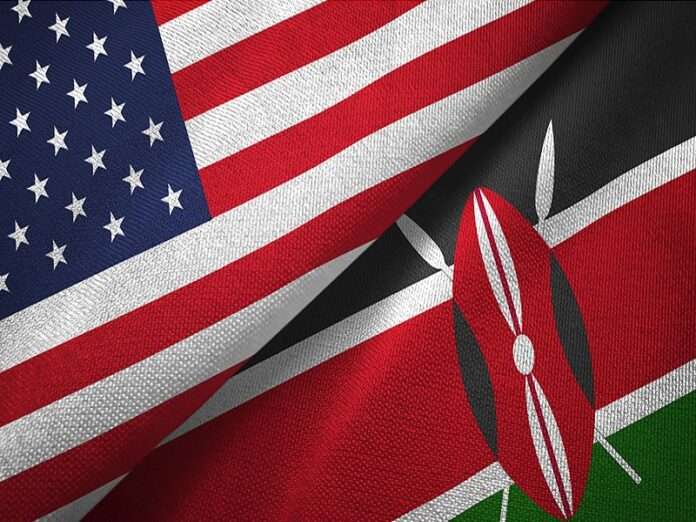Kenya just became the US’ first sub-Saharan Major Non-NATO Ally (MNNA) following President Ruto’s visit to DC last week, which was the first such trip of any African leader in over 15 years. It was analyzed here why it was predictable that Kenya would reach this sort of partnership with the US, namely because it’s been a Western ally since the Old Cold War despite its presently imperfect balancing act with China. Ethiopian analyst Rashid Abdi shared some sharp insight into this development right after it happened:
“The US military agreement with Kenya this week to upgrade Lamu’s Manda Bay base gives US additional operational flexibility. It could move some air assets from Djibouti, if it needs to or even reduce personnel. The Western Indian Ocean acquiring its own geostrategic significance. Kenya has ambitions to become a Western Indian Ocean naval power. Kenya looking to France, US for cooperation.
Deal with US to expand Manda Bay to fully-fledged base with large airfield seen by Nairobi as step towards fulfilling that goal. There are also reports of an upcoming defence pact with France designed to upgrade Kenya’s naval and maritime capabilities. Kenya’s maritime ambitions not just limited to ‘blue economy security’. It is also linked to strategic ‘blue water’ force projection in East Coast of Africa.”
His preceding tweets described how the US’ approach towards Djibouti is changing in light of its “expanding ties with China, espionage claims, growing geopolitical frictions + other operational/strategic risk calculations”. The Anglo-American Axis’ inability to stop the Houthis’ attacks in the Gulf of Aden-Red Sea (GARS) region likely played a major role in this respect, as did the need to establish a military bastion closer towards the resource-rich but conflict-beleaguered Democratic Republic of the Congo.
Taken together, the aforementioned factors combined to result in Kenya’s designation as the US’ first sub-Saharan MNNA, which also aligns with that East African country’s regional ambitions as were described above. The second point is especially important from America’s perspective because it seeks to “Lead From Behind” in the New Cold War, or in other words, rely on trusted partners to “share the burden” of “leadership” for maintaining the “rules-based order”.
Kenya shares the US’ strategic vision in Africa and the Western Indian Ocean, but it requires assistance building up its related military capabilities, hence its new status that’ll unlock access to state-of-the-art equipment and privileged financing options. The US’ interests are served by building up all the branches of the Kenya Defense Forces so that they can swiftly and effectively intervene anywhere in the region, whether on their own or jointly with the US, which could supervise its junior partner’s operations.
By contrast, Djibouti lacks any regional force projection capability and places strict limits on what the US can do from its base, such as when the Prime Minister confirmed that he withheld permission to strike the Houthis from his country’s territory. America’s military presence there is therefore less strategic than most observers thought. To be sure, Djibouti’s location in the GARS region is ultra-important, but it can’t be leveraged by the US in the ways that it requires to maintain its hegemony when the need arises.
Kenya doesn’t to have any such reservations about what the US can do from there, plus it also aspires to become a regional land and maritime power in its own right, so it’s unthinkable that it would reject its partner’s requests for its forces in the country to intervene in a neighboring or nearby conflict. With this in mind, Kenya actually becomes much more attractive for America in terms of advancing its long-term agenda than Djibouti is, which few would have realized had it not been for Abdi’s insight.
It can accordingly be assessed that Kenya’s designation as the US’ first sub-Saharan MNNA is much more important than it might seem. This is the start of something much bigger for them and the broader region. It’ll take time to unfold, but this appears to be a game-changer in terms of American force projection in Africa and the Western Indian Ocean, both directly and by proxy via Kenya. In response, regional states might clinch security partnerships with Russia, which could help them hedge against this.







